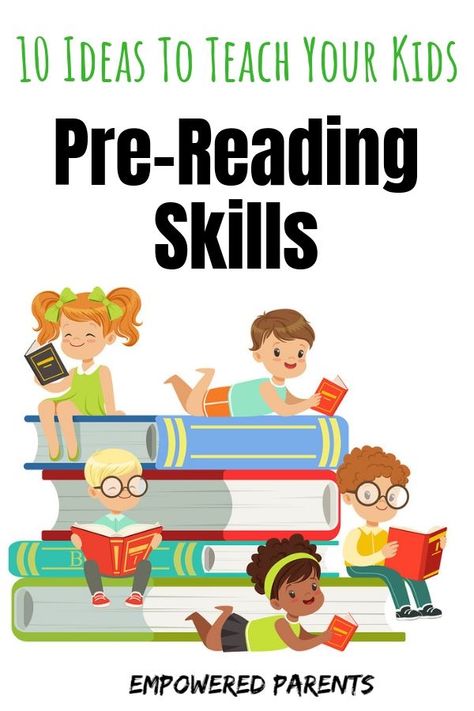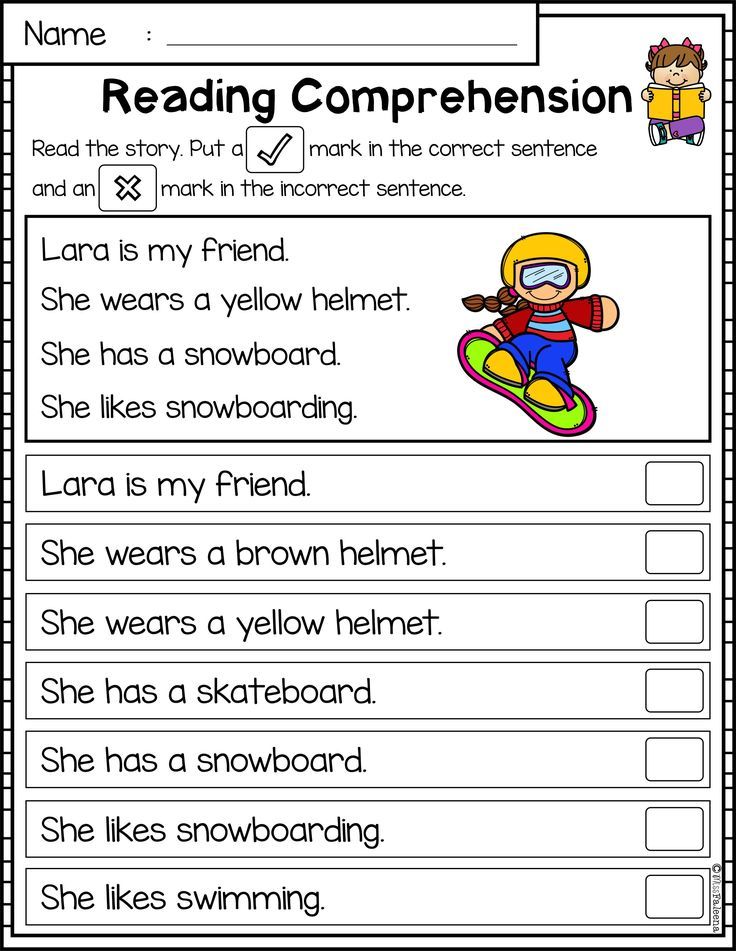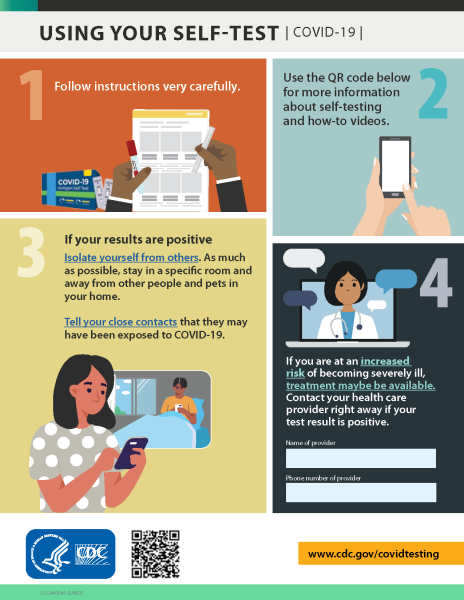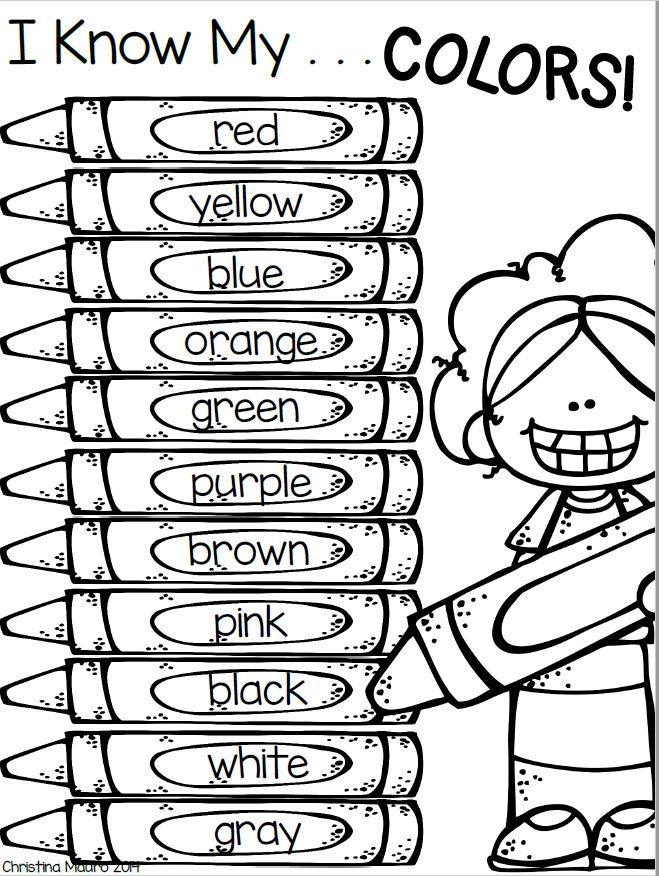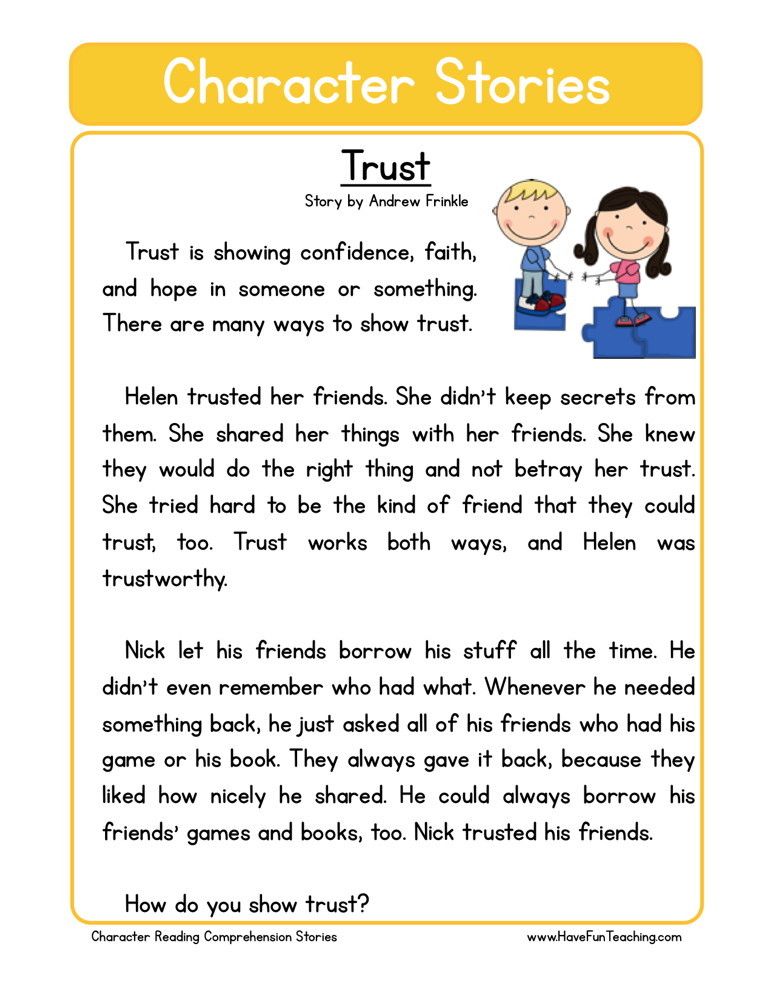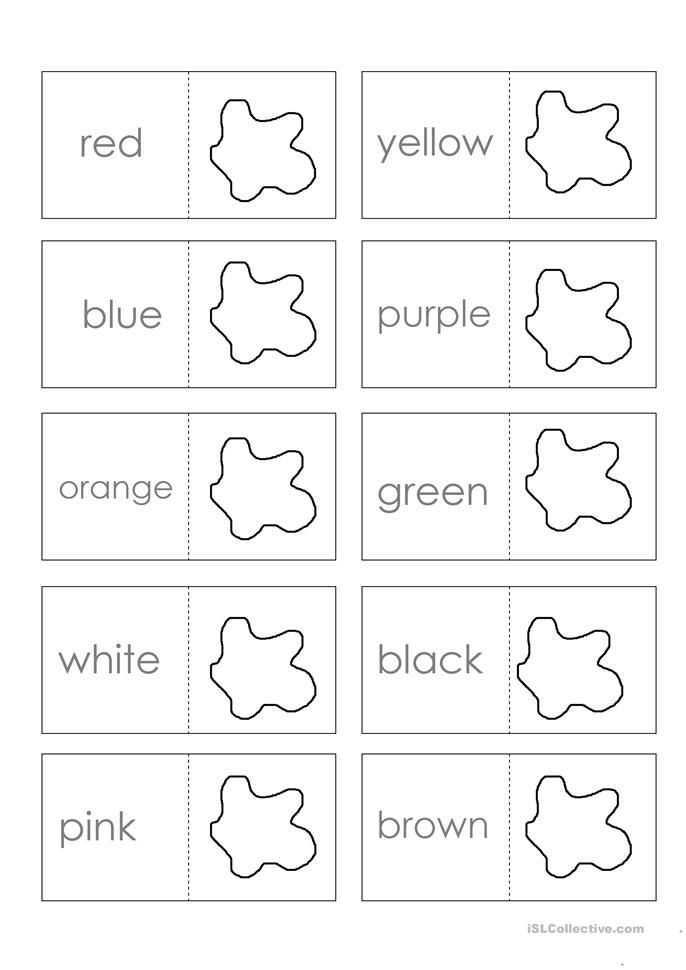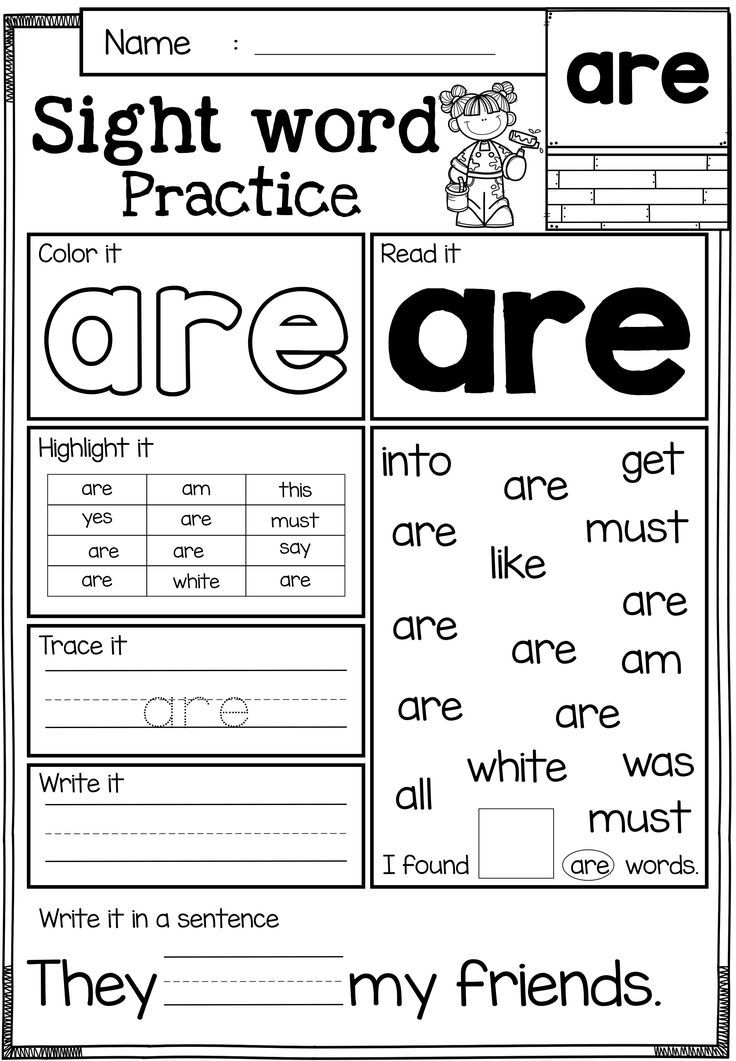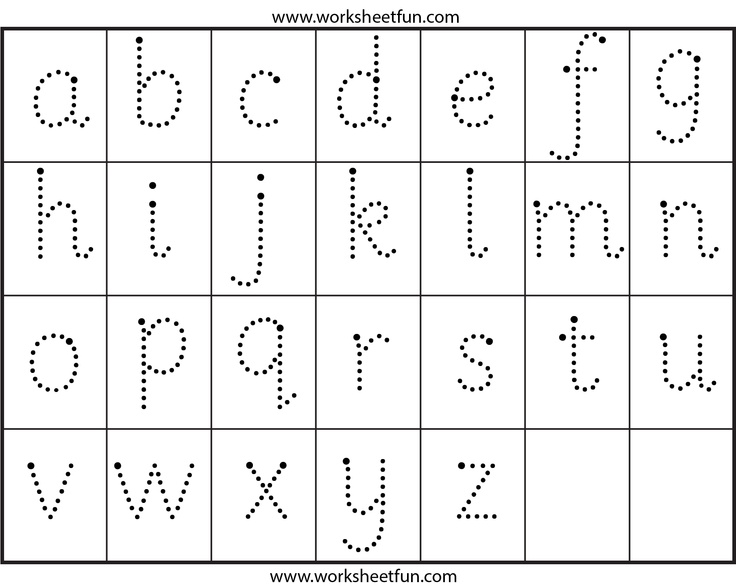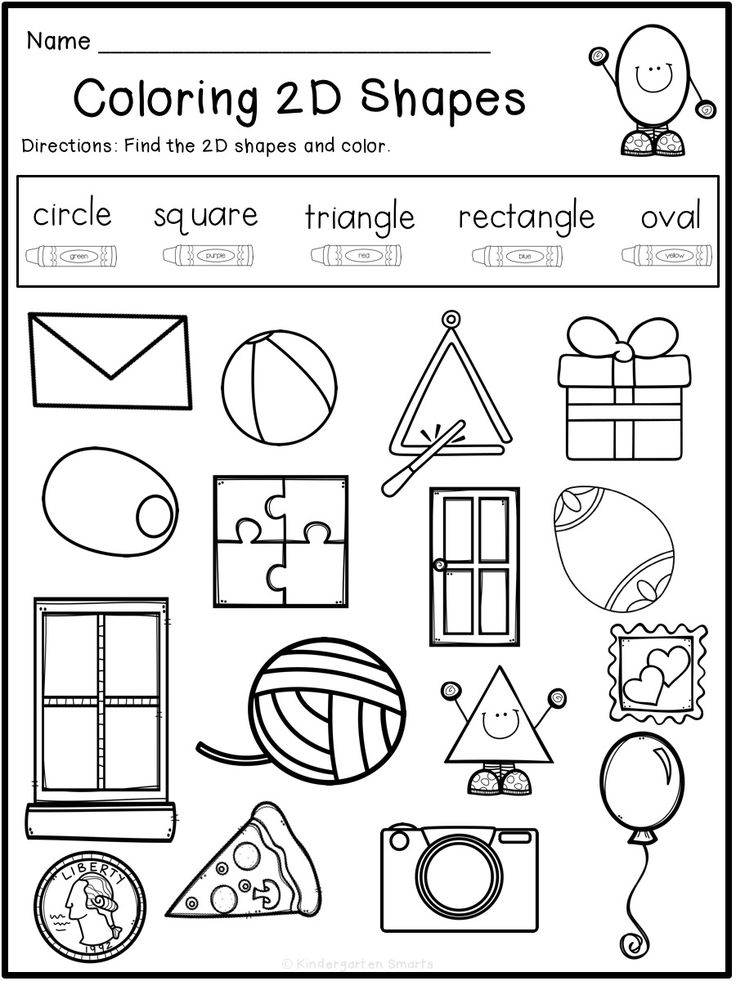Teaching your kids
59 important life skills to teach your children
59 important life skills to teach your children | MadeForMumsWhat do table manners, telling the time and tying shoelaces have in common? Well, they're all important life skills you should pass on to your children, according to a new survey by Chessington World of Adventures.
The list of 59 most important life skills, according to British parents was topped by saying please and thank you dads with 80% of the vote.
“It is interesting that the top three things on the parental teaching list are all to do with ‘behaviour’, and how the child ‘appears’ to others," psychologist Donna Dawson, who was involved in the study said. “Parents are clearly worried that their children will reflect badly on them."
So what else made the list? See how many you can check off here…
- Always say please and thank you
- Respect your elders
- Show good table manners
- Always tell the truth
- Don’t talk to strangers
- Brush your teeth properly twice a day
- Treat others with kindness
- Be confident
- Be helpful
- Admit when you’re wrong
- Work hard at school
- Know when to say ‘No’
- Save money and spend it wisely
- Be independent
- Learn how to swim
- Appreciate wildlife / animals
- Show compassion
- Accept defeat with grace
- Deal with rejection and disappointment
- Comfort others
- Have a loving relationship
- Don’t walk home alone at night
- Get along with people you may not like that much
- Always look on the bright side
- Distinguish needs from wants
- Support yourself financially
- How to add, subtract, multiply and divide
- Look someone in the eye when talking to them
- How to tie a shoelace
- Eat your greens
- How to ride a bike
- How to write a thank you letter
- Tell the time on a clock with hands
- How to make your bed
- Always accept a challenge
- How to deal with tragedy
- How to resolve a dilemma
- How to negotiate
- To always clear your plate after dinner
- Read before you go to bed because it’s good for you
- How to drive a car
- How to throw a ball
- Don’t get involved in unnecessary dramas
- Watch TV and pay video games in moderation
- How to read a traditional map
- How to dress for an occasion
- How to bake a cake
- How to give a firm handshake
- How to tie a tie
- How to write an essay
- How to wrap a present
- How to change a flat tyre
- How to fly a kite
- How to start a fire
- How to pitch a tent
- How to dive into a swimming pool
- How to do a cartwheel
- How to use chopsticks
- How to open a champagne bottle
Read more:
- Shoelace hack: teach your kids in two seconds
- Teaching your toddler manners
- Introducing mealtime manners
Jessica Gibb
33 Life Skills Every Parent Should Teach Their Kids — Best Life
Ask any parent what the biggest responsibility is when it comes to raising well-rounded kids and you'll hear the same thing again and again: giving them the skills they need to thrive.
And we're not just talking about learning to read or to drive a car. We're referring to the bigger picture tools parents should pass on to their progeny. With the help of experts, we've rounded up the skills every kid needs to make it in this world.
Of course it's important to try new things and be open to new experiences—but just as important is the ability to deliver a firm, yet polite "no" when the time calls for it.
"It is difficult to decline something tactfully—many adults even go along with things when they don't want to," says psychotherapist Stephanie Wijkstrom, MS, LPC, NBCC, and founder of the Counseling and Wellness Center of Pittsburgh. That's why it's critical for parents to teach their kids an early lesson in consent about when it's appropriate to set boundaries and say "no."
Shutterstock/Africa StudioThere's a big difference between shouting the word "sorry" from across the playground and a sincere, heartfelt apology.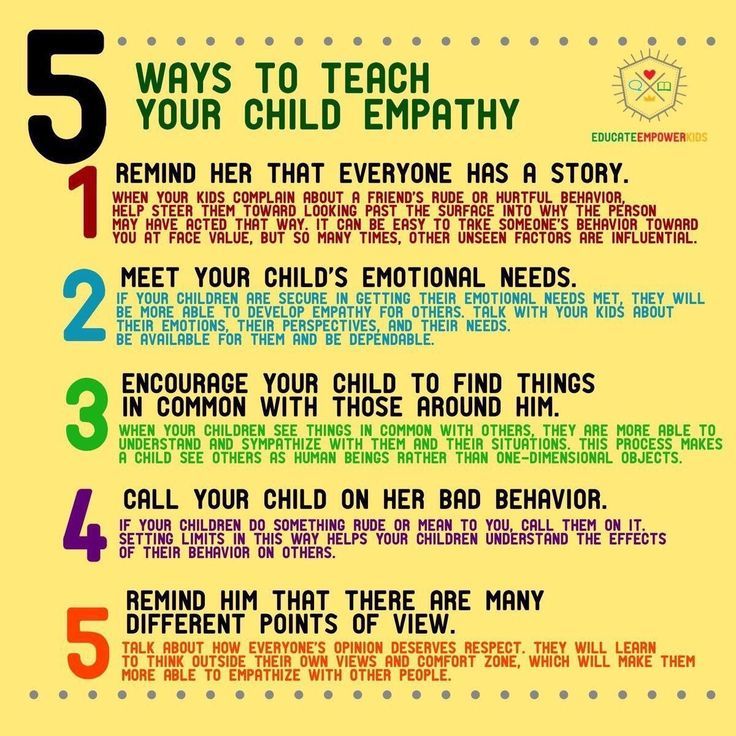 Considering how successfully the latter can smooth over tensions—and how quickly the former can heighten them—teaching your kid to say sorry and mean it is invaluable. It's just as important to teach them when to do it, too—apologizing for things that aren't their fault can quickly become as problematic as not apologizing for those that are.
Considering how successfully the latter can smooth over tensions—and how quickly the former can heighten them—teaching your kid to say sorry and mean it is invaluable. It's just as important to teach them when to do it, too—apologizing for things that aren't their fault can quickly become as problematic as not apologizing for those that are.
"Most of our children are going to leap into the world and find their place among work and family. They will need to understand how to use their downtime, how to recharge their batteries so that they feel balanced and happy in life," says Wijkstrom. "Breathing, yoga, walking in nature, having a hobby—these are important and will carry children well beyond their youth into maturely-adjusted old age."
ShutterstockHard-to-navigate emotions can be difficult for folks of any age, but those big feelings can feel especially overwhelming for younger ones. That's why it's so important for parents to teach their kids how to deal with those feelings in a healthy way.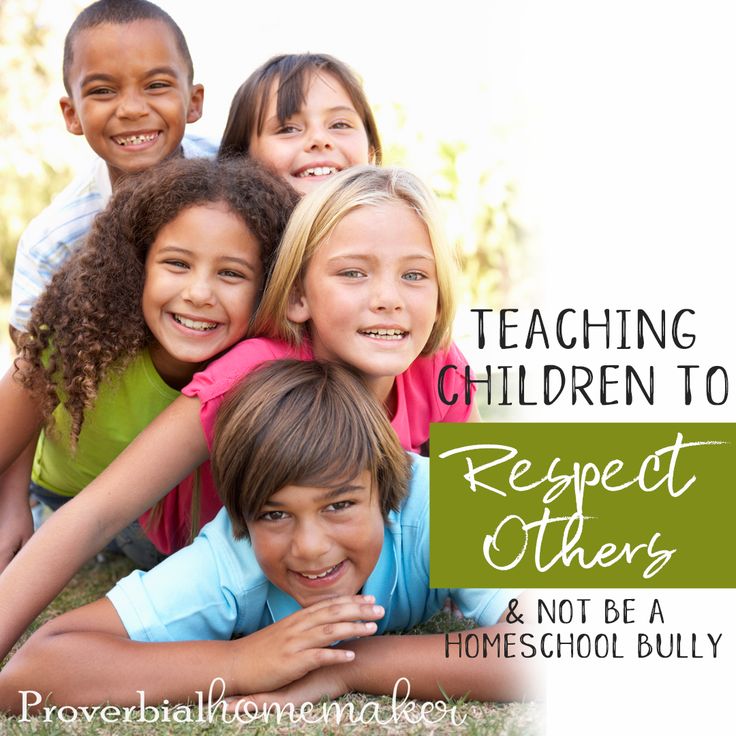
"Parents should explicitly teach their kids coping skills for difficult emotions such as anger, anxiety, and sadness," says licensed clinical psychologist Nastassja Marshall, Ph.D., of Renewal Therapy in Richmond, Virginia. Marshall suggests that parents not only model emotional regulation for their children, but also teach them relaxation exercises, deep breathing techniques, positive self-talk, and ways to work those emotions out through physical activity.
ShutterstockWhether you're 5 or 65, life comes with its fair share of disappointments. So, the earlier kids learn to move on from the ones they encounter in childhood, the better equipped they'll be to handle the big ones in adulthood.
"This is helpful because it innately teaches children to accept that the world is not perfect, and that everything will not go their way," says licensed therapist Ginger Lavender Wilkerson, LMFT. "Disappointment can be a temporary feeling and [does] not define who they are.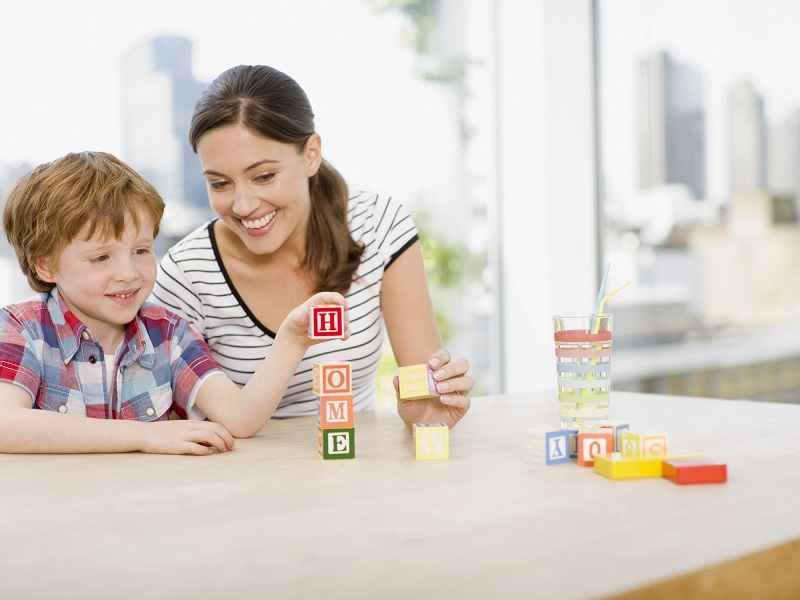 "
"
You can't ensure that your child's life will be stress-free, but you can—and should—teach them how to cope when they're reaching their breaking point. "Knowing how to manage stress will reduce the risk for burnout, anxiety, and depression," says Wilkerson.
ShutterstockLearning to embrace alone time is a skill everyone can benefit from. "Parents need to teach their kids to learn to love the time they take by themselves and to trust the wisdom that comes from within when we take that time," says licensed mental health counselor Jill Sylvester, author of Trust Your Intuition: 100 Ways to Transform Anxiety and Depression for Stronger Mental Health. "Teaching kids to take quiet time each day so that they learn to enjoy being by themselves and to become their own best friend is a best practice."
ShutterstockTeaching your kids to follow their gut instincts can help keep them safe, healthy, and happy both in childhood and beyond.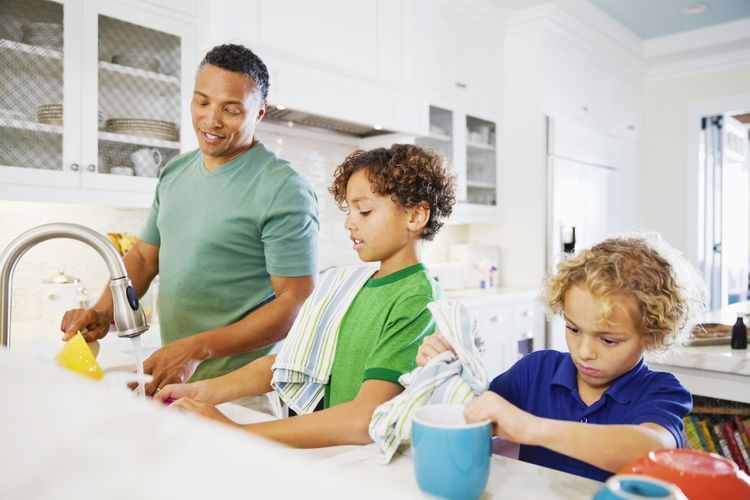 "Teaching kids how to trust their own inner guidance versus seeking outside sources that so often can be conflicting with our own wants and needs, is a helpful tool as they grow and develop," says Sylvester.
"Teaching kids how to trust their own inner guidance versus seeking outside sources that so often can be conflicting with our own wants and needs, is a helpful tool as they grow and develop," says Sylvester.
While many parents try to teach their kids to be tough, being empathetic is every bit as essential for their wellbeing—if not more so.
"It's important for parents to respect the natural empathy of their children and to nurture and develop it," says special educator Donna Garfinkel, co-director of New York City-based Early Childhood Associates. "Encourage your child to build empathy by teaching them to help others. Participating in initiatives like toy drives and food pantries can help cultivate empathy."
Shutterstock/wavebreakmediaThere's a major difference between truly listening to someone and just waiting for your turn to speak—and the sooner parents can teach their kids the former, the better.
So, how does one go about honing this skill? "Reading to them, watching a movie together, or telling stories can help develop listening skills," suggests Garfinkel.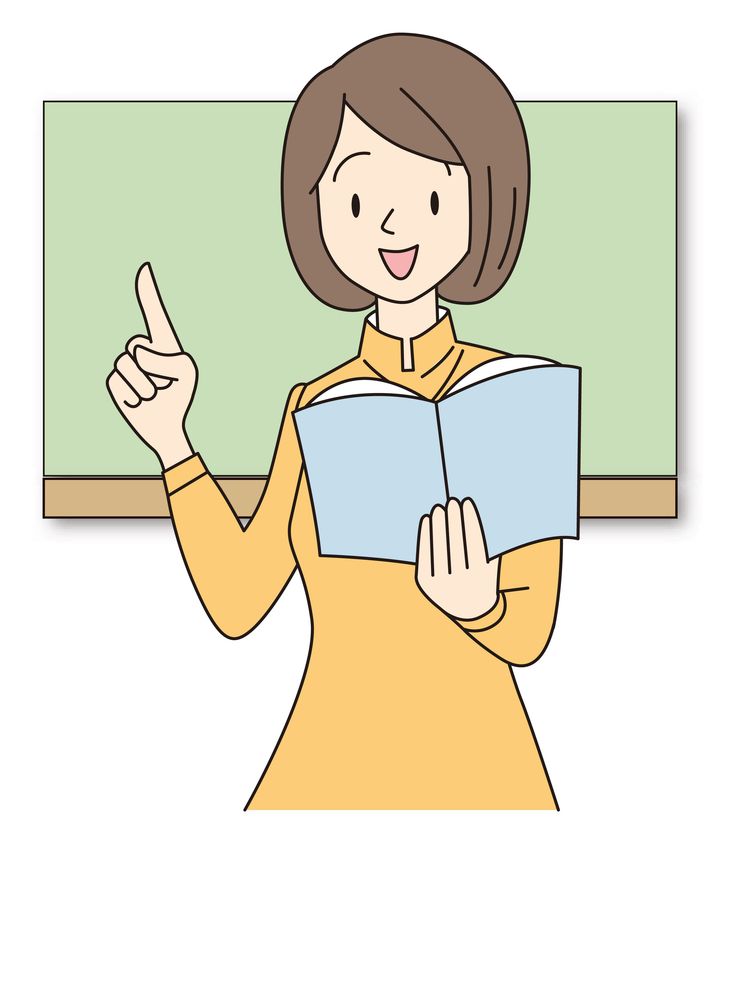 "Ask questions about stories and ask them to support their responses with material/information from the story."
"Ask questions about stories and ask them to support their responses with material/information from the story."
Instant gratification may be nice, but teaching your kids to work toward long-term goals will be invaluable in their adolescence and adulthood. "Teach children to persevere and to not give up on what's important to them," says Garfinkel. "Working toward a long term-goal, [like] developing academic or athletic skills or saving for a special purchase, can help them understand the value of perseverance."
ShutterstockPlaying well with others is a skill that will serve your kids well long past childhood. "Sharing and taking turns while playing can reinforce positive social skills that will carry over into the future," says Garfinkel.
Shutterstock/In GreenWhether it's a fish, a plant, or a sibling, teaching your child how to care for another living thing is an important skill they won't learn in a classroom. Not only can doing so help kids empathize, having something to care for may even help reduce their stress.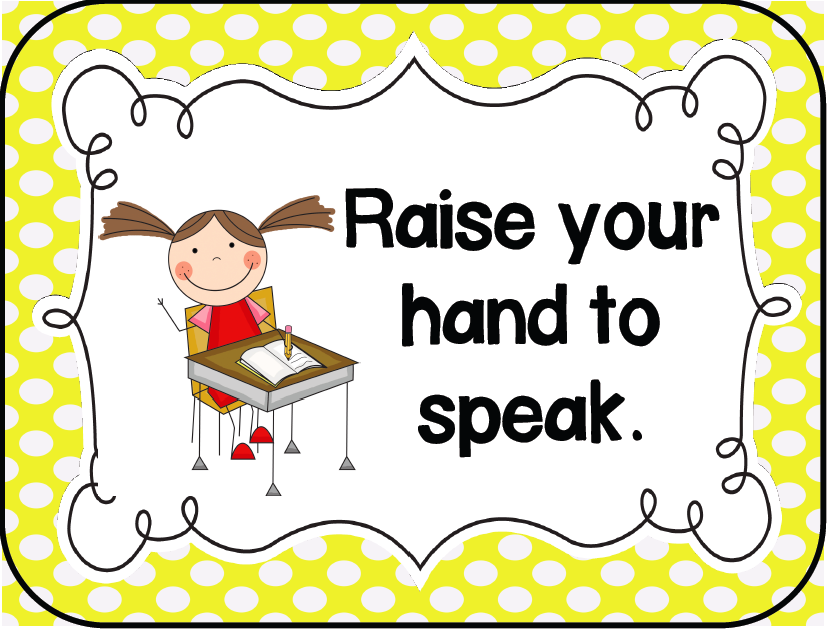 A 2010 study published in Anxiety, Stress, & Coping found that petting animals—whether soft and furry or hard-shelled—helped reduce participants' anxiety.
A 2010 study published in Anxiety, Stress, & Coping found that petting animals—whether soft and furry or hard-shelled—helped reduce participants' anxiety.
A firm handshake and friendly "hello" can get you far in life, which is why it's never too early to teach your kids how to greet people properly. "Children should learn how to give a solid handshake while introducing themselves to someone new," says certified child anxiety expert Colleen Wildenhouse, founder of Good Bye Anxiety, Hello Joy, LLC. "It is important that children learn to have confidence in who they are and what they have to offer to others."
Shutterstock/Monkey Business ImagesNot every kid is an extrovert—and that's okay!—but it pays to know how to meet people, even when your kids are young. Teach your children that there's no reason to be afraid of confidently marching up to another child on the playground and asking them to play. It will serve them well for years to come.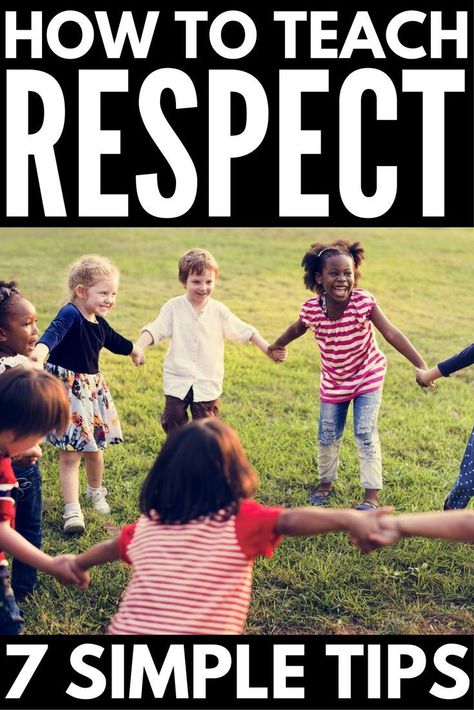
ae0fcc31ae342fd3a1346ebb1f342fcb
Unfortunately, the answer to that question on the playground isn't always going to be a resounding "yes." Whether they didn't get the promotion they'd hoped for, the person they asked on a date turned them down, or they didn't win the talent show, it's important that kids know how to lose gracefully.
ShutterstockProblem-solving is a skill that's typically honed over a lifetime, but having kids tackle their own issues starting at an early age will inevitably make things easier as they get older.
"Encourage them to problem-solve on their own," says licensed mental health counselor and therapist Barb Shepard. "Issue with a teacher? Prep them on how to go talk to that teacher themselves. Jumping in to rescue your kids from situations that are uncomfortable is not always helpful—in fact, it can prevent your child from learning to work through challenges and conflict."
Shutterstock/Monkey Business ImagesWhether your kid is applying for an internship or looking for a job after graduating from college, professionalism counts every step of the way.
"College can be a huge shock for teenagers as they take their first step into the world of professionalism," says Shepard. "Every interaction with a professor who could be a reference or a job connection in the future should be treated like an interview. Ditch the sweatpants-to-class look, use good grammar in emails, and turn in assignments on time."
Shutterstock/Brian A JacksonIf you're eager for your children to become self-sufficient adults, financial education is key. But before you can even deliver your lecture on Budgeting 101, your kid needs to know how to apply for a job. Teach them how to look for jobs using sites like Indeed or Glassdoor, give them the skinny on interview-appropriate attire, and always make sure they know the basics, like how to fill out an application correctly.
Shutterstock/Sergey NovikovAt any age, work can be a huge source of stress. That's why it's so important that parents teach their kids how to work hard—as well as some coping skills for when things are stressful on the job.
"Children should learn how to work and know the value and accomplishment of a hard day's work," says Kalyn Hochstrat, founder of Kalyn Hochstrat Investment Advisor, LLC in Midvale, Idaho. "If taught the value of work at a young age, that gift will benefit them their entire lives, no matter what industry they work in."
ShutterstockYes, even adults procrastinate, but the sooner your kids can learn to get things done ahead of a deadline, the better. After all, it's not like you particularly relish putting together dioramas well into the wee hours of the morning, either.
ShutterstockHaving good credit makes life easier, whether you're buying a car or applying for a mortgage—and finance pros say that parents should be teaching their kids how to build good credit from an early age.
"They should know what is debt, what is credit, and how to avoid borrowing too much money," says financial educator Cleo Childress, founder of Cleo Yoga Finance in Dallas, Texas. "They should understand what a credit report is and how negative credit
history can affect their lives."
"They should understand what a credit report is and how negative credit
history can affect their lives."
Even if your kid is earning just a dollar a week in allowance, learning how to save some of that money now can yield major rewards when they're nearing adulthood.
"They should understand the value in saving and investing," says Childress. "It's okay to have material things and enjoy experiences, but also teach them how they should save and invest on a consistent basis so they can have more financial freedom to live the lifestyles they desire."
Shutterstock/William PotterWhile avoiding the hand-to-mouth lifestyle as an adult is often easier said than done, giving your kids the financial tools they need to effectively budget is invaluable. "They should know how to avoid living paycheck-to-paycheck," says Childress. "Teach them how to earn money, then save/invest, spend, and give so that they are able to still support themselves if their incomes stop or slow down.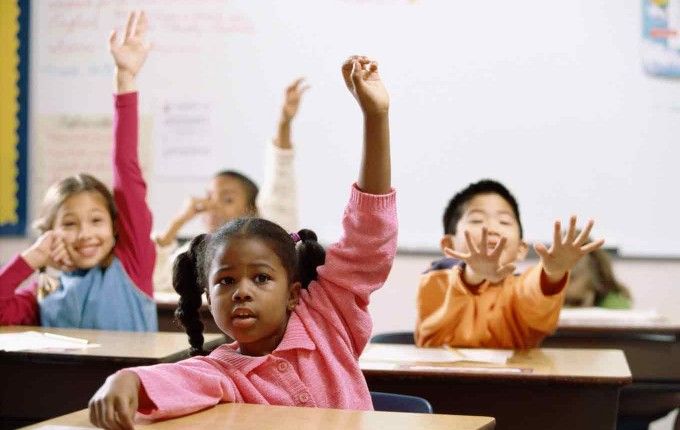 "
"
Taxes can be confusing even to adults, but talking to kids about them from an early age can help them navigate those murky waters more easily later on. An easy way to do this? Create separate jars for spending, saving, and taxes with their allowance each week so they can better understand how much money to allocate in their budget when they finally bring home that first paycheck.
Shutterstock/Flamingo ImagesWhether they've got a foreign prince calling them or someone on Craigslist who promises that a luxury apartment really rents for just $300 a month, it's important that your child knows a scam when they see one.
Shutterstock/pratan ounpitipongHow can you effectively teach your children the value of money if you don't teach them how to simultaneously care for their things? At a young age, that may mean picking up their toys from the bedroom floor so they don't get stepped on, and as they get older, it can mean treating a stain on clothing immediately before it sets in, regularly mowing the lawn, or doing software updates on their devices.
According to a 2013 study published in the Family & Consumer Research Journal, baby boomers and members of Gen X lapped millennials when it came to their clothing care skills. That's why it's essential that parents teach their kids these skills at home—after all, who wants a panicked 4 a.m. phone call when the washing machine is overflowing with bubbles, or a bill from a tailor when a button comes loose?
Shutterstock/FrolphyEveryone gets a flat tire from time to time. And instead of having your kid rely on expensive tow services or potentially not-so-well-intentioned strangers, teaching them how to pop on that spare will keep them safer in the long run.
Shutterstock/VGstockstudioA little gratitude goes a long way in life, and teaching your kids to be truly grateful to those who have been kind to them will serve them well over the years. You can start this practice at a young age by having them write thank-you notes for birthday presents, and make sure they continue doing the same as they age, like sending thank-you emails after job interviews.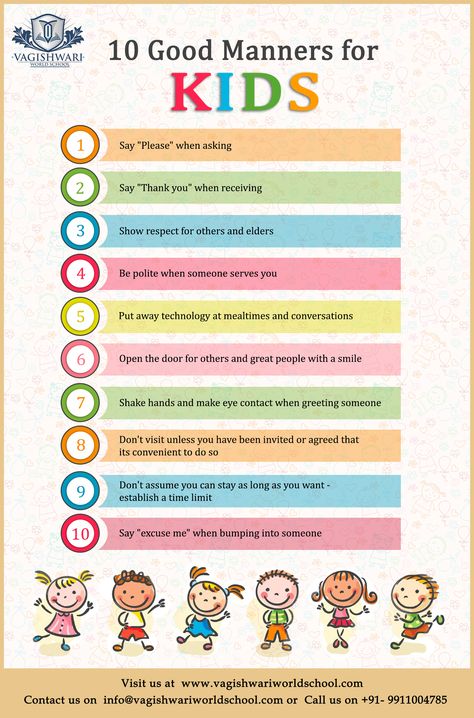
Saying "I love you" isn't the only way to express your love for someone, nor is it a phrase that should only be used in romantic contexts. Caring for others, doing kind things for them, and saying those three little words to platonic friends can help kids feel emotionally fulfilled in childhood and beyond.
Shutterstock/Antonio GuillemAnd being able to end relationships in a compassionate way is important, too. "There is no class for this, but we know that every child and adult will need to have a break up eventually," says Wijkstrom. "We should encourage children to do this by offering closure, and anticipating emotional pain along the way."
ShutterstockHaving the tools to get you through day-to-day life is admirable, but knowing when you need a hand—and not being ashamed to ask for one—is just as important. Once your kids have left the nest, it's going to be essential for them to be comfortable asking others for help, whether hanging a framed photo on the wall or learning a new skill at work. And for some additions to your own arsenal of abilities, check out these 40 Skills Everyone Over 40 Should Know.
And for some additions to your own arsenal of abilities, check out these 40 Skills Everyone Over 40 Should Know.
To discover more amazing secrets about living your best life, click here to follow us on Instagram!
What I want to teach my children
Katya Domankova talks about how important it is to teach children to be kind, independent and to be responsible for their words and actions.
We all know very well what we want from our children. But we do not always think that in order to receive, we need a lot of disinterested and patient work on our part. In my understanding, this work is not about "give all that I have." He is about "giving a little person the opportunity to learn not only to receive, but also to give."
It is about the unshakable truth that children are a reflection of their parents. None of us knows whether this work will be maximally effective or only to some extent. I do not know either. I cannot be fully responsible for the circumstances of the external environment in which my children find themselves.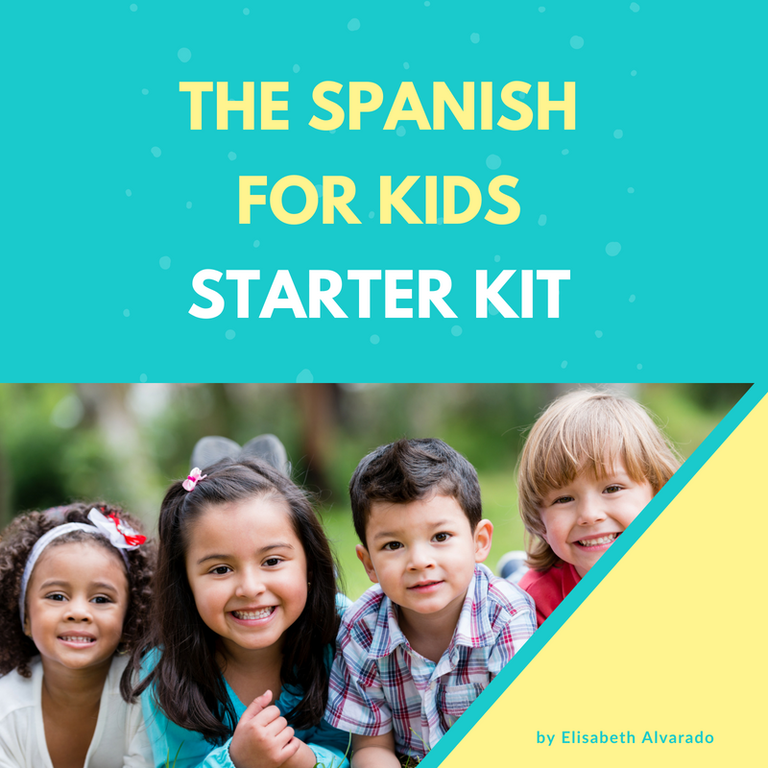 But I can give them a foundation that will give them a great chance of becoming something that not only me will be proud of.
But I can give them a foundation that will give them a great chance of becoming something that not only me will be proud of.
I want to teach my children:
Be good people
I firmly believe that the most important thing in life is to become the best version of yourself morally, morally and spiritually every day. Let them say that "a good person is not a profession." I think it's a profession. The most important, on the basis of which all other knowledge and skills are washed away.
Be kind
“Kindness is the most necessary and dearest thing in this world,” Funtik knew what he was singing about. I believe that this category, combined with the previous one, gives this world many chances for a happy existence.
Be grateful
For health, for life, for a wonderful family, for material benefits, for love. Say "thank you" in response to even the smallest help or favor.
Be polite to everyone around you
Without a “please”, not a single request is fulfilled in our house. Not to provide napkins, not to help with the cleaning of toys. From a very early age, several times a day in our family, they pay attention to the fact that it is impossible (not “not worth it”, not “not necessary”, namely “DO NOT”) ask for something without saying the magic word.
Not to provide napkins, not to help with the cleaning of toys. From a very early age, several times a day in our family, they pay attention to the fact that it is impossible (not “not worth it”, not “not necessary”, namely “DO NOT”) ask for something without saying the magic word.
Respect elders
It is elementary to know that there is a category of people that you need to treat in a certain way.
To be independent
The obligation to clean up scattered toys, make the bed, wash, dress oneself, clear the table, fold clothes before bathing, put outerwear and shoes in the closet upon arrival home is a mandatory minimum for my older children. I can help, but not do it for them.
Take responsibility for your words and actions
I always try to fulfill what I promised my children. If for some reason my words have diverged from my actions, I explain why this happened, and we agree on when the promise will be fulfilled.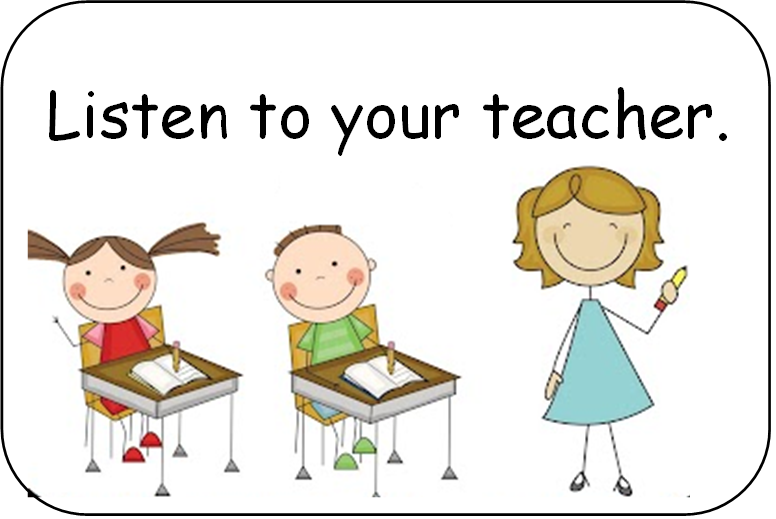 You can teach this, like many other things, by showing the right example.
You can teach this, like many other things, by showing the right example.
Be friends
Be able to keep secrets and trust loved ones. If we want our children to trust us with their stories, we should tell them ours.
Respect your body
Know from a young age which foods are healthy and which are not, which lifestyle supports physical strength and which one destroys the body.
To know and remember my roots
Through knowledge of the past of the family and respect for its traditions, I want to give my children roots that nourish the personality, give strength, help to understand oneself.
Help others
It is not necessary to start with global steps. There is no small help. You can start by gathering together unwanted toys and donating them to those in need. Skip the old lady in line at the store. Put money in the donation box. The main thing is to create a pattern for the child that helping is an integral part of everyday life.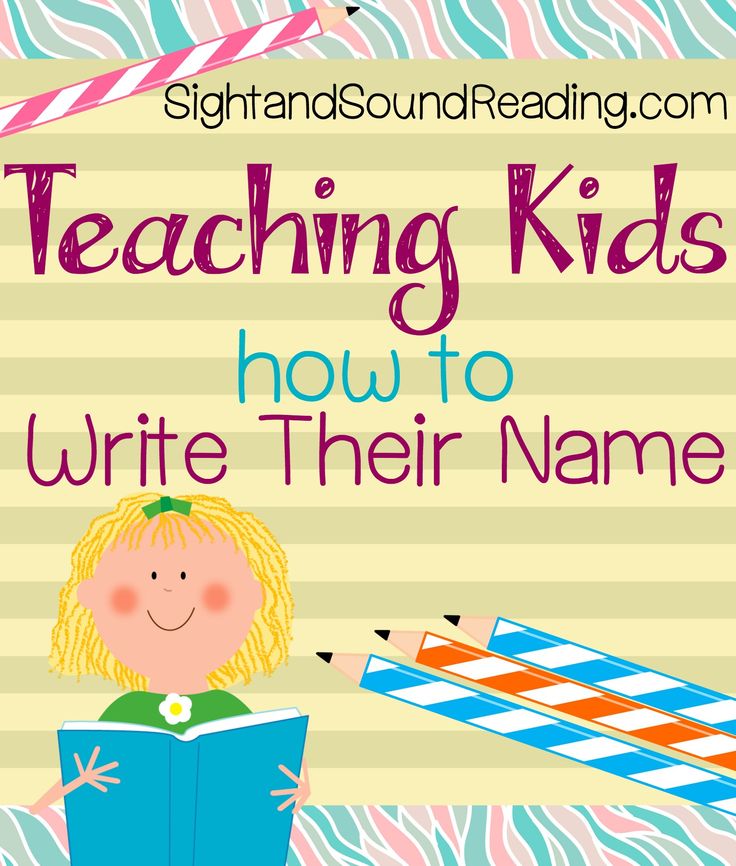
Treat other people's work with respect
Different professions are needed, different professions are important. To appreciate and be grateful for the work of others is the way to order and respect for everyone around.
Do not judge others
Trying to find an excuse is not an easy choice. This approach makes it possible, instead of anger and resentment, to generate tolerance of perception, to focus on the significant, and not to waste energy on trifles.
Protect the earth
Protect water, electricity, collect garbage separately, do not litter. Respect the natural world.
LOVE
Of course love! Love in all its manifestations enables our children to successfully follow the previous fourteen points, and to us the opportunity to convey to them such important truths.
Let's teach our children ourselves! – Family education
01.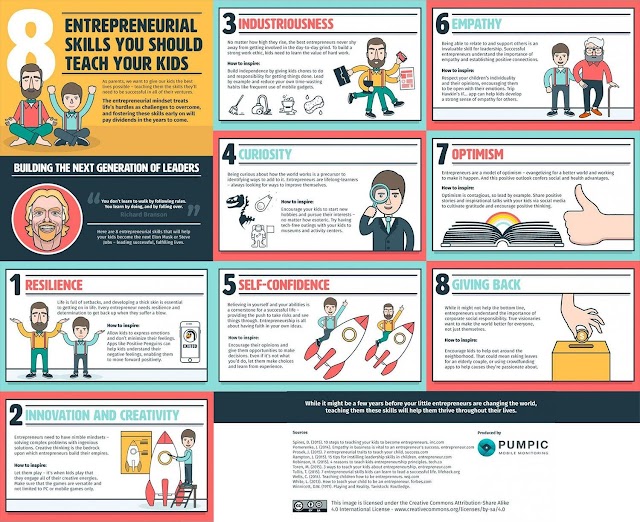 12.2022
12.2022
Let's teach our children!
Elena Losevskaya
There would be no happiness, but misfortune helped
Of course, this unusual school did not appear suddenly and not from scratch. Behind its founders were the Center for Moral Rehabilitation of a Person that appeared in the northern city in the early 90s, the school of family education born under it, a healthy lifestyle club, a public association of parents and teachers ... and an unusual kindergarten, which was distinguished by a surprisingly warm, liberated atmosphere.
It was with the kindergarten that everything began: after its closure, five families decided to teach their children themselves - their age was just approaching the school age. Having united, the parents completely immersed themselves in the educational process. They invited a young teacher, Irina Gennadievna Merzlyakova, and a psychologist, Yulia Vintsevich.
They invited a young teacher, Irina Gennadievna Merzlyakova, and a psychologist, Yulia Vintsevich.
And by the beginning of the next academic year, more than twenty more joined these five families. We were lucky with the premises: every time there were people who came to help. It seemed that they were also lucky with the school: according to the agreement, each child was registered and took exams at school No. 4, with which the parents had a good relationship.
But after the intervention of the city department of education, whose employees tried to prove to both the director and parents that the family form of education does not exist, all relations with the school ceased. Last academic year, the guys took exams at the Shchetinin school, three thousand kilometers from Arkhangelsk.
And the parents faced another test: in March of this year, the regional prosecutor's office filed a lawsuit against them, accusing them of conducting illegal educational activities.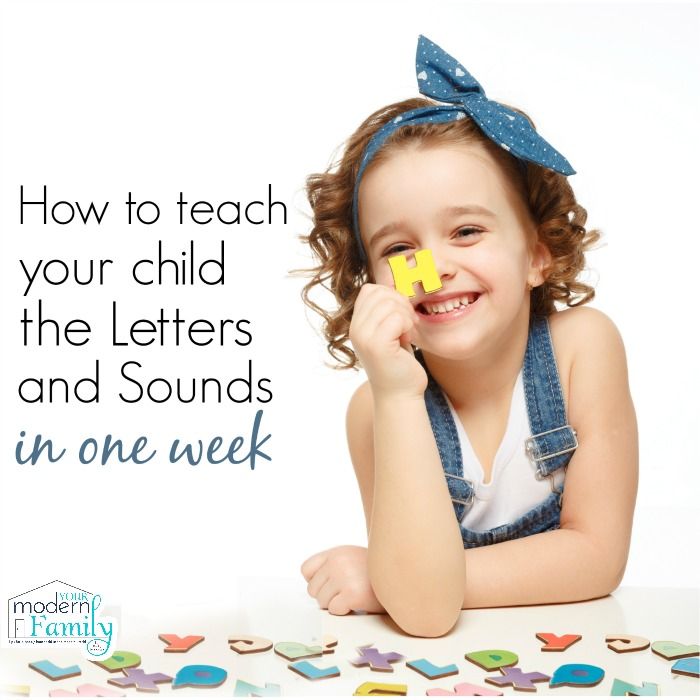 “Putting children at their desks? Do you have lessons? This means that you already have a school, and a school cannot operate without a license, - they were instructively told to them. “Do everything according to the law, organize a private school, and all your problems will disappear.”
“Putting children at their desks? Do you have lessons? This means that you already have a school, and a school cannot operate without a license, - they were instructively told to them. “Do everything according to the law, organize a private school, and all your problems will disappear.”
Parents did not understand what sacred foundations they were violating: the result is important, and in what way the children go to it - individually or in a group, with the help of parents, tutors or teachers - they decide for themselves. And yet I had to sue: first at the regional level, then at the federal level. In both cases, the parents won: the accusations against them were declared untenable by both the regional and the Supreme Courts.
At the beginning of this academic year, they lost their premises, and now classes are held in apartments. But after all that had to go through, it seems like a trifle. In addition, I again had to look for which school to attach to. Found: the director of school number 20, Vladimir Alekseevich Petukhov, agreed to conclude an agreement with them.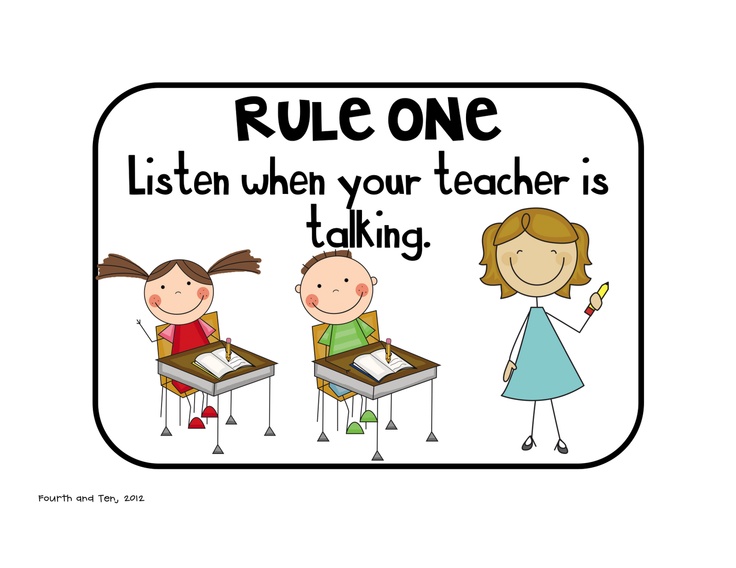 Now the guys are passing their first exams there - mostly successfully. Despite all the obstacles that had to be overcome, parents look to the future with optimism. And, oddly enough, in many respects we are even grateful to those who intensively built these barriers.
Now the guys are passing their first exams there - mostly successfully. Despite all the obstacles that had to be overcome, parents look to the future with optimism. And, oddly enough, in many respects we are even grateful to those who intensively built these barriers.
- All the difficulties that have accompanied us these years have benefited us and incredibly tempered, - say Anna Ivanovna Chashchina and Tatyana Borisovna Obryadina. “Having not experienced them, we probably never would have delved so deeply into the problems of education: neither into content, nor into economics, nor into politics. We met wonderful teachers: Amonashvili, Shchetinin, Lobk, Chapkovsky. Shalva Aleksandrovich came to us several times, held seminars with adults, worked with children. Perhaps only now we understand what a great responsibility it is to be a teacher, and we are ready to fully take it upon ourselves.
It's great to find answers to questions together!
First of all, the parents realized that family education requires them to work hard on themselves.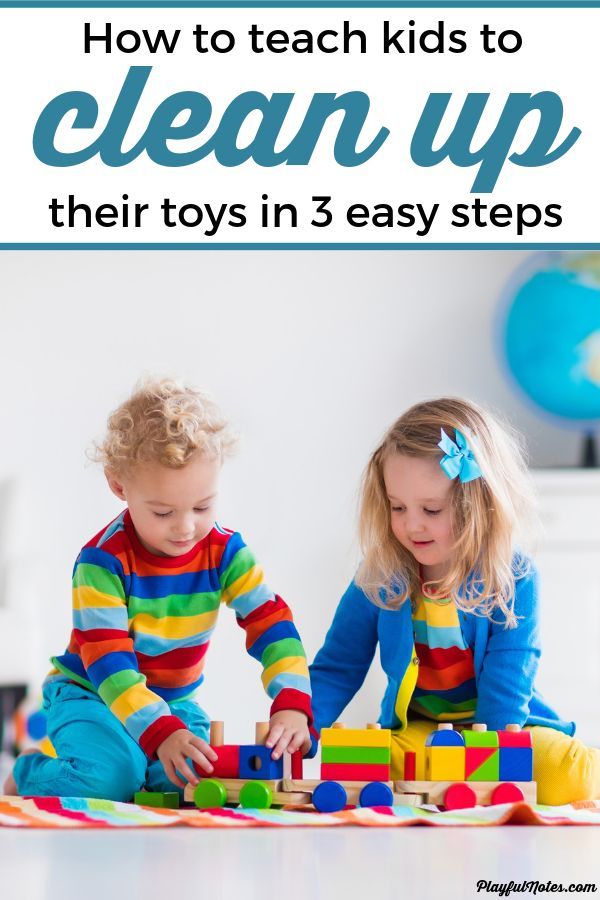 How difficult it is to accept a child as he is, to give up edification and moralizing, from excessive demands, petty insults and irritation. But if they hadn’t learned to expel these feelings and emotions from themselves, if they hadn’t set themselves up to constantly support their child, no matter what happens, the children probably wouldn’t believe that adults are really interested in everything that happens to them. ; going on and just wouldn't open up to them.
How difficult it is to accept a child as he is, to give up edification and moralizing, from excessive demands, petty insults and irritation. But if they hadn’t learned to expel these feelings and emotions from themselves, if they hadn’t set themselves up to constantly support their child, no matter what happens, the children probably wouldn’t believe that adults are really interested in everything that happens to them. ; going on and just wouldn't open up to them.
There is no more tedious procedure for many parents whose children study in a regular school than the joint preparation of homework. For my interlocutors - mothers and fathers from Arkhangelsk, who preferred family education - this burdensome duty turns into a real joy. They say so: how glad we are that joint study did not pass us by, it's so great to trust each other, to know how each of us lives, to comprehend the secrets of the world together and look for answers to questions. At the same time, you should not impose your help at all, sometimes it’s enough just to be nearby, doing some of your own business, and be ready to respond to the child’s request. Many noticed that the common cause that appeared changed the relationship in the family for the better - and not only between the child and the parents, but also between the spouses.
Many noticed that the common cause that appeared changed the relationship in the family for the better - and not only between the child and the parents, but also between the spouses.
Parents soberly assess their strengths - not every one of them is capable of becoming a teacher. And not always because there is no professional training. Sometimes specialists are invited, but they are looking for those who would have the ability not to be irritated, not angry, to moderate too high demands.
Family education has undeniable advantages over the traditional school system. And parents were convinced of them, especially those whose children had time to go through a regular school. First of all, freedom in organizing the educational process is seductive: there is no rigid schedule - classes are held when in groups, when individually, a week can be devoted only to history or only mathematics, or maybe to all the sciences studied at once. But this freedom does not corrupt, but teaches the ability to organize one's time, to use it rationally.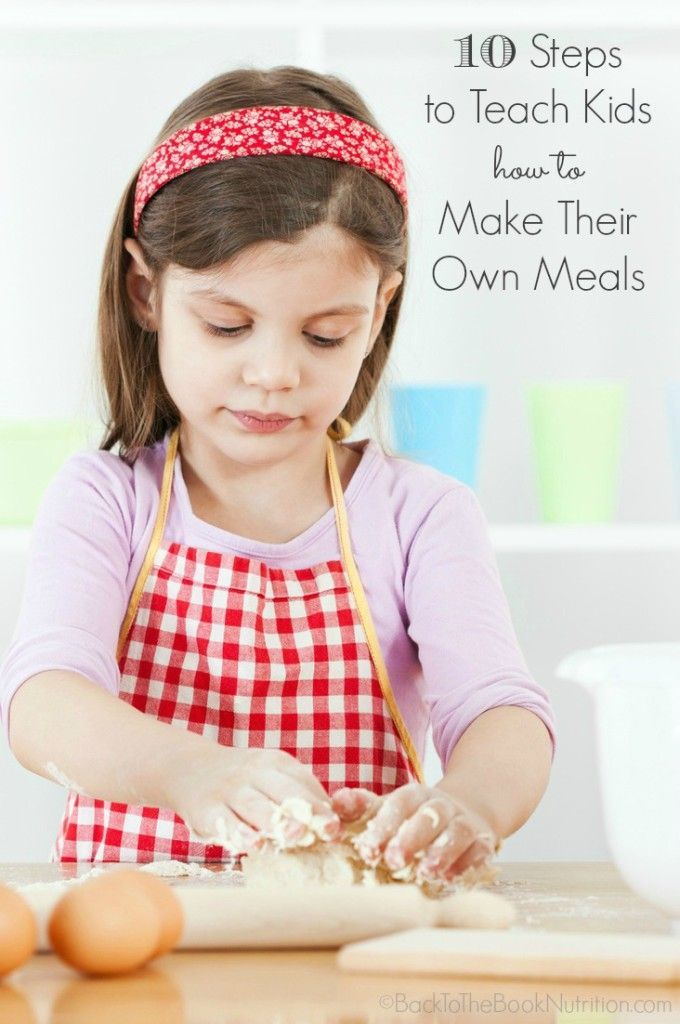 The guys have the opportunity to work in the most favorable mode for them, to devote more time to what interests them and what works best.
The guys have the opportunity to work in the most favorable mode for them, to devote more time to what interests them and what works best.
The absence of fear of the wrong answer, nervousness and overload has a positive effect on health - children, according to parents, rarely get colds. They become not only physically, but also mentally stronger, more independent, more self-confident. Every year, their cognitive interest does not disappear, as is often the case with children who study in a regular school, but, on the contrary, it grows.
Often they have to hear a reproach addressed to them: you grow hothouse flowers, at the first collision with real life they will break. But this argument sounds unconvincing for them: their children are open, they have many friends in the yard, at a music school, in a choreographic circle, in a sports section, there are no problems in relationships with peers.
The guys really study with pleasure, I was convinced of this myself.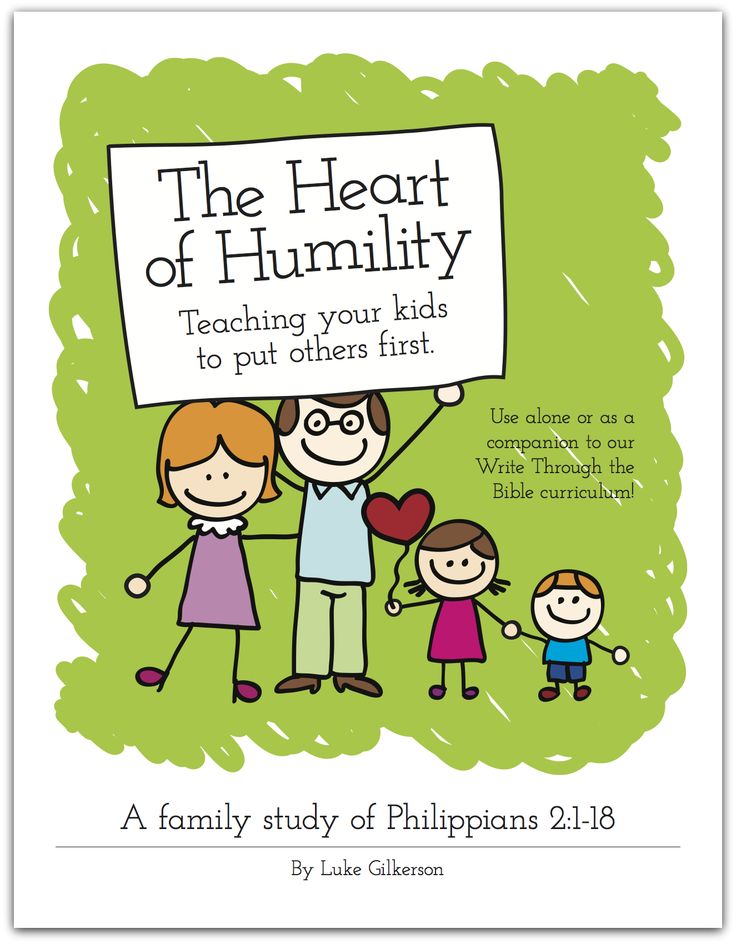 They respect each other's opinions, communicate freely and affably with strangers. But they still cannot truly understand, although they know how much effort their parents needed to maintain the possibility of free development. And parents dream of one thing - if only they would no longer interfere.
They respect each other's opinions, communicate freely and affably with strangers. But they still cannot truly understand, although they know how much effort their parents needed to maintain the possibility of free development. And parents dream of one thing - if only they would no longer interfere.
Family uniforms should benefit both parents and schools
The last thing I would like to do in this material is to oppose two forms of education—traditional school and family. Both of them have many supporters and opponents. Both have the same right to exist, if only because both are enshrined in the Law "On Education". It would seem that all stereotypes, prejudices, emotions should fade into the background. Parents have the legal right to choose the forms of education, and they exercise it on the basis of their principles and beliefs. Everything is so simple and clear. But it turns out that this legal right still needs to be able to win back.
The main argument that managers put forward to parents is that you are not professionals, you will not be able to give your child a good education.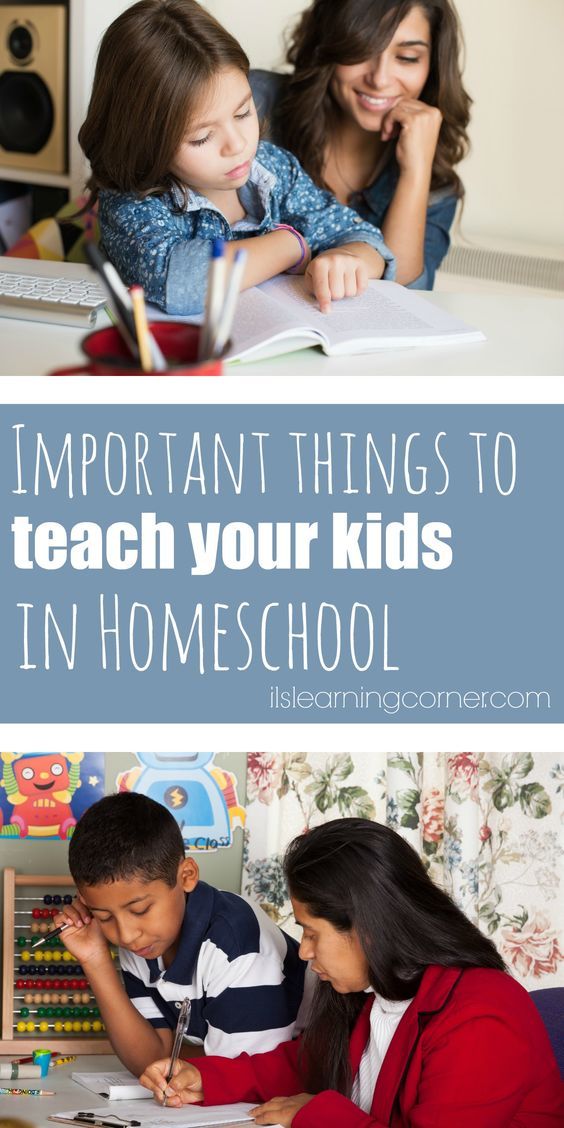 But parents can rightly say in response that it is they who are responsible for their child, that no one knows better than them his characteristics and needs, aspirations and experiences.
But parents can rightly say in response that it is they who are responsible for their child, that no one knows better than them his characteristics and needs, aspirations and experiences.
It would seem that the state should encourage parents who take on such a difficult task. All over the world, the form of family education and external studies are unusually developed; in general, a person’s ability to learn independently is considered a sign of a strong personality. In our country, education received outside the walls of a school or university is considered defective, despite the fact that the school itself has long ceased to be the main source of education.
So what; wait until the consciousness of several generations changes? Or, after all, not to exterminate, but to water the tender sprouts that manage to break through the thickness of the asphalt? But how to support parents who want to teach their children themselves, where to start?
- From the legal base, - says Igor Moiseevich Chapkovsky, head of the Moscow regional public organization "Development of family education.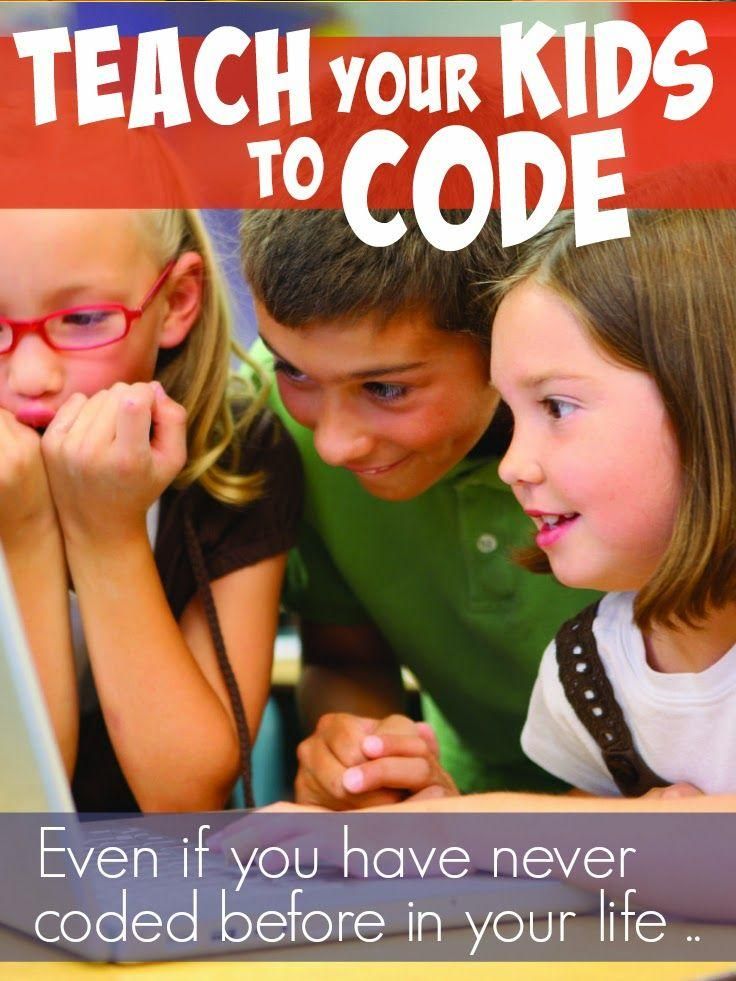 " “We have quite progressive Law “On Education” and the Regulations on Family Education, but the trouble is that there are no mechanisms for exercising the rights that are written in these documents. What I mean? In America, for example, there are special regional centers for parents, where they are gathered for consultations and seminars, where they are provided with methodological and teaching aids. This is the mechanism by which the state approves the equality of forms of education. And another important point: it should be profitable for schools to have as many children as possible switch to a family form of education. So far, it is completely unprofitable for them. To avoid problems with teachers who administer exams, children are most often forced to apply for an external study rather than a family form, because in the first case, teachers receive additional pay for their work, while in the second they do not. And as long as this continues, there can be no question of any preference for a family form of education on the part of teachers and principals.
" “We have quite progressive Law “On Education” and the Regulations on Family Education, but the trouble is that there are no mechanisms for exercising the rights that are written in these documents. What I mean? In America, for example, there are special regional centers for parents, where they are gathered for consultations and seminars, where they are provided with methodological and teaching aids. This is the mechanism by which the state approves the equality of forms of education. And another important point: it should be profitable for schools to have as many children as possible switch to a family form of education. So far, it is completely unprofitable for them. To avoid problems with teachers who administer exams, children are most often forced to apply for an external study rather than a family form, because in the first case, teachers receive additional pay for their work, while in the second they do not. And as long as this continues, there can be no question of any preference for a family form of education on the part of teachers and principals.